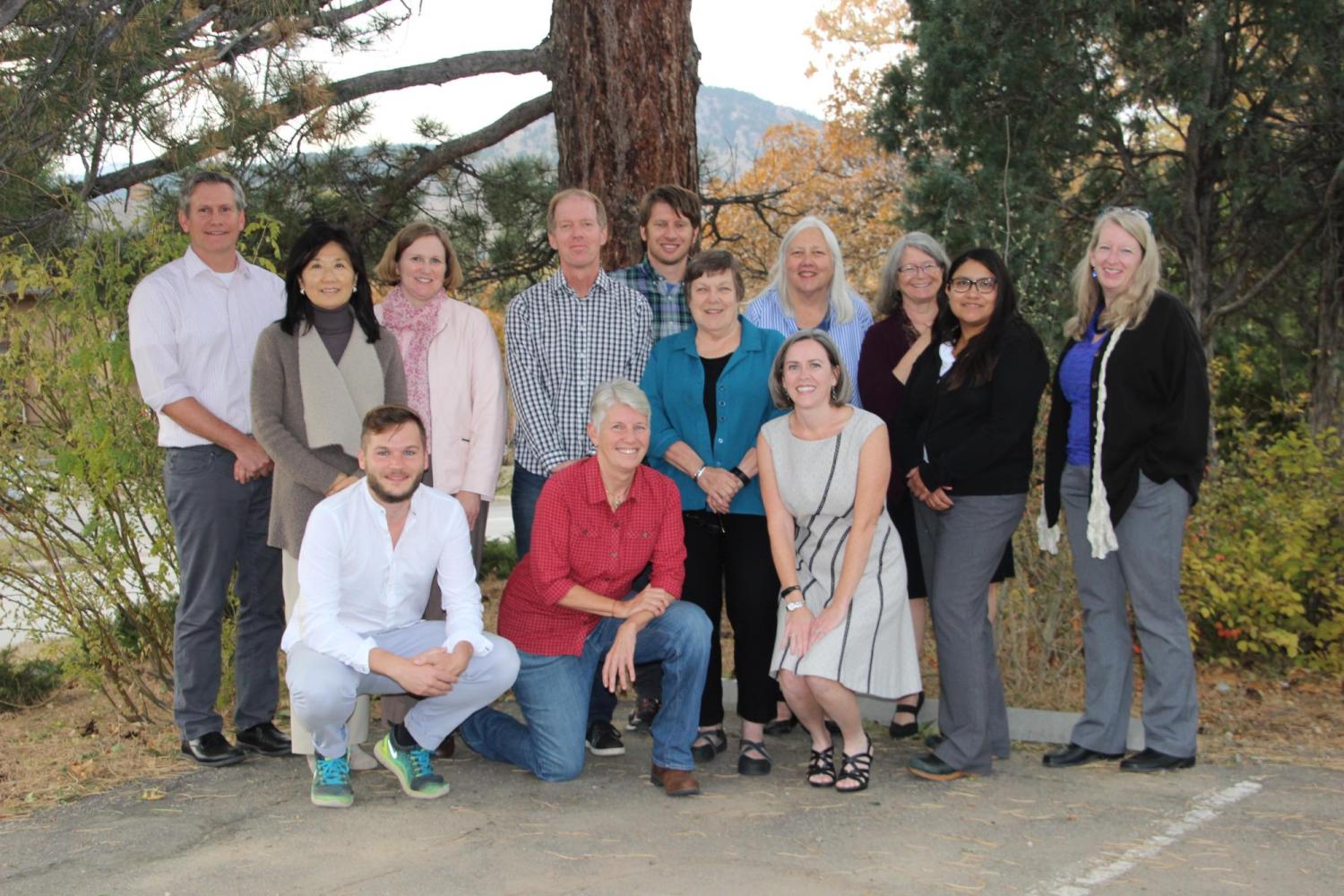Dear Friends of CAS,
In 1998, a small group of CU faculty met with a vision for an Asian area studies center that would bring together Asian Studies scholars from all corners of campus. With a start-up grant from then-Provost Phil DiStefano, the Center for Asian Studies was born. At that time, I’m sure none of us imagined how successful CAS would turn out to be! Under the leadership of founding director Dennis McGilvray, followed by Laurel Rodd (under whose guidance the Center achieved recognition, and funding, as a Federal Title VI National Resource Center in Asian Studies – the first and only area studies NRC in the State of Colorado), CAS became what one Associate Dean called a “model center” for the university. It has been my privilege to direct CAS since 2012, and to watch Asian Studies continue to grow.
This 20th anniversary year for CAS also brings the annual meetings of the Association for Asian Studies (AAS) to Denver for the first time. In fact, it’s the first time the AAS meetings have been held anywhere between the West Coast and Chicago! To celebrate, we’re hosting a reception at the Denver Art Museum on March 23rd between 6 and 8 p.m. Please join us!
2018 brought yet another wonderful group of new Asianists to our campus. Joining the faculty in Asian Languages & Civilizations are Clarence Lee (Assistant Professor of Japanese), Evelyn Shih (Assistant Professor of Chinese), Riley Soles (Visiting Assistant Professor of Japanese), and Levi Thompson (Assistant Professor of Arabic). Also joining the faculty are Stephanie Su (Assistant Professor of Asian Art) and Alessandro Rippa (Postdoctoral Associate at the Center for Asian Studies). This past year our community was also enriched by visiting scholars from China, South Korea, Germany, and Japan.

Among these new Asianists, Alessandro Rippa joins us as part of the Center’s China Made project, funded by the Henry Luce Foundation. This project explores China’s infrastructure model of development, with a regional focus in Southeast Asia. In October, we hosted a successful inaugural workshop here in Boulder, with scholars joining us from China, Hong Kong, Singapore, Canada, the Netherlands, the UK, and throughout the US. As China becomes an increasingly significant player in economic development and social transformation in Asia, we hope that the China Made project will help shed some light on the inner workings of how Chinese development takes place and what sorts of impacts its infrastructural model creates in local Asian contexts. This past Fall, I traveled twice to Astana, Kazakhstan, to join other colleagues from the US and Europe in briefing officials there on China’s infrastructural development model. The China Made project is an example of the ways Asian Studies here at CU are engaged in a global conversation on the shifting nature of Asian relations and developments. Please visit the project website to learn more about China Made: https://chinamadeproject.net.

CAS continues to do whatever we can to make the study of Asia as accessible as possible to our students and to our broader community. We continue to host the Tang Global Seminar in China, and have added a new global seminar in Indonesia. Our Asia Internship program now includes opportunities in Tokyo and Shanghai, and we offer numerous other scholarship opportunities for study in Asia. All of these are made possible through our generous donors. If you would like to help us in our mission, please consider a donation to CAS. It’s an easy click from our homepage, or visit https://www.colorado.edu/cas/support-cas.
Tim Oakes
Director of CAS
Professor of Geography
